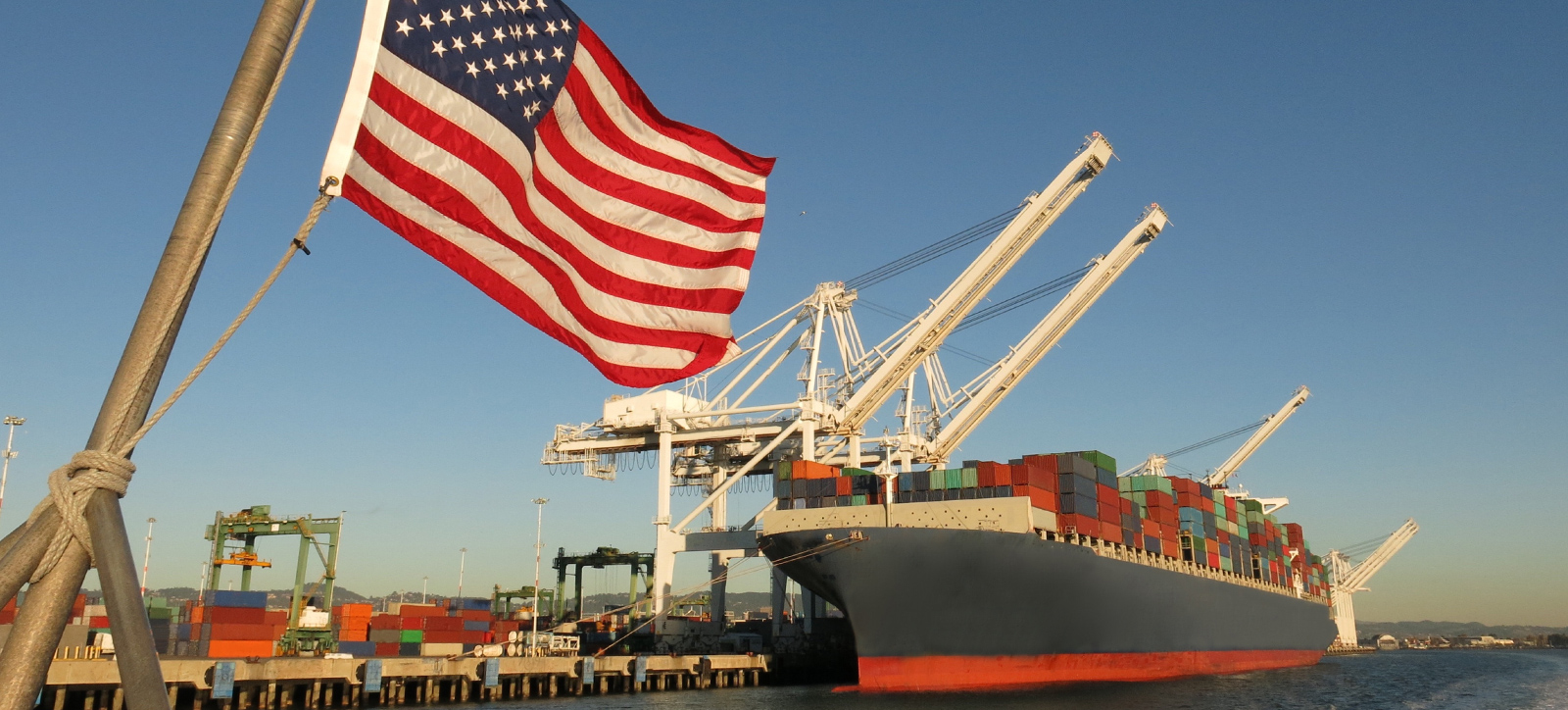
America First: Trade is likely to become more challenging with a protectionist president in the White House
When the tariff-brandishing Donald Trump is sworn in as the 47th US President today, companies all around the world will be wondering what will happen to their supply chains.
The omens are not good. In research we conducted on Trump’s first tenure as President from 2017 to 2021, we discovered that there were unintended consequences to his ‘America First’ policy.
In order to reduce reliance on foreign firms and create high-value sources of supply and jobs, firms were encouraged to re-shore manufacturing – that is, bring production and manufacturing back to their home country. But the initiative did not have its desired effect. Instead, low-value jobs were created, with high value jobs staying overseas where there were sources of expertise and capability.
So, what do we think will happen with his second term?
In short, we don’t think it’s going to be good news for companies and consumers, globally or in the US. The promise of significant tariffs will increase the cost of goods globally for everyone. It will stymie the export of goods as retaliatory tariffs from significant trading partners such as China, Canada and the European Union (EU) come into play and increase import costs.
For example, China has announced stringent export restrictions on technologies and critical metals for both civilian and military use, specifically targeted at the US. As we have stated previously, building an indigenous supply base is challenging, even when there are no significant headwinds. High tech products such as microchips are reliant on technology owned by a limited number of foreign firms. Cars rely on metals and ore imported from other countries which will be hit by tariffs.
Immigration curbs will lead to higher prices
Another plank of Trump’s proposed new set of policies is to reduce illegal immigration. This will have a significant impact on many sectors but none more so than agriculture.
Roughly 40 per cent of farm workers are undocumented migrants. These workers play an important role in food supply chains. Removing them will lead to significant price increases to food, a key issue in the recent US election.
One of the responses to this is to introduce automation. But this is unrealistic given its high cost and the low margins generated by agricultural products.
Achieving the right blend of skilled staff, labour, and supply chains is a difficult trick to pull off. The incoming President only needs to look across the pond to see that. In the UK, the consequences of Brexit for British supply chains are becoming increasingly visible. Our ongoing research indicates a surprising trend of greater reliance on foreign suppliers, particularly from the EU - contrary to initial goals.
All in all, the management of supply chains is likely to become more challenging with a protectionist president in the White House, primarily due to increased prices and limited labour. The US labour market, in particular, is at capacity and there are enough jobs for those that want them. This will lead to higher costs.
All this may cause Trump to temper his America First policies. But whatever happens over the next four years, we are undoubtedly going to live in interesting times.
Further reading:
Did Trump’s tweets move the currency markets?
Trump wants more trade tariffs – what would that achieve?
Predictions for 2025: a bleak outlook but with glimmers of light and hope
What will 2025 bring for energy and climate action?
Mehmet Chakkol is Associate Professor of Operations Management at Warwick Business School. He teaches Operations Management on the Global Online MBA and Full-Time MBA. He also teaches on the Undergraduate programme.
Mark Johnson is Professor of Operations Management at Warwick Business School. He teaches Supply Chain Management on the Executive MBA, Accelerator MBA, and Global Online MBA. He also teaches on the Undergraduate programme.
Discover more about Finance and Markets by subscribing to our free Core Insights Newsletter.




 X
X Facebook
Facebook LinkedIn
LinkedIn YouTube
YouTube Instagram
Instagram Tiktok
Tiktok